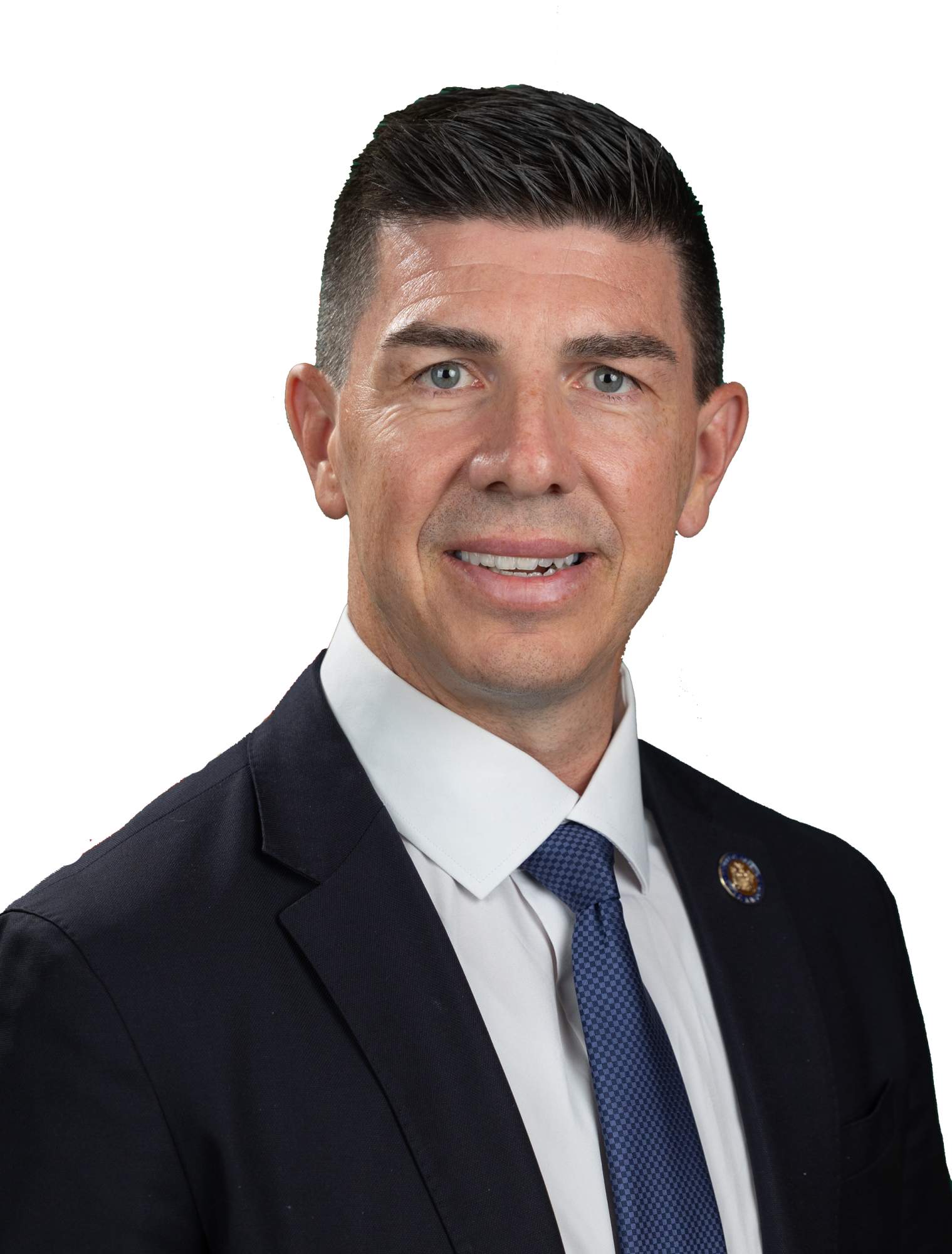Assemblymember Wallace Calls on SUNY, Private Colleges to Suspend SAT Requirement until 2022
Assemblymember Wallace seeks temporary suspension of standardized testing requirement due to COVID-related exam cancellations, research showing test score disparities based on income
Today, Assemblymember Monica P. Wallace (D-Lancaster) called on the State University of New York system and the Commission on Independent Colleges and Universities to suspend the standardized test requirement for all freshman applicants until at least 2022. Assemblymember Wallace is requesting the change because of concerns that in-person standardized tests will remain scarce throughout the summer and fall due to the COVID outbreak.
The College Board announced in April that it would cancel the in-person June SAT exams due to the COVID pandemic and instead offer a home version of the exam. However, after problems emerged for students taking at home AP exams, College Board abandoned plans for at home exams and now seeks to expand the availability of in-person testing centers. Even still, the College Board admits that capacity will likely be limited in several Northeast states and large urban areas.
Assemblymember Wallace sent a letter today to SUNY Chancellor Kristina Johnson and CICU President Mary Beth Labate, asking for all their campuses to suspend standardized testing requirements in light of this testing seat scarcity and other challenges brought on by the current crises.
“No student should be denied access to higher education simply because (s)he was unable to secure a seat to take a standardized test,” Assemblymember Wallace said. “No student should suffer academically because they were unable to adequately prepare for the SAT due to the COVID crisis, economic hardship, or the George Floyd protests.
“These crises are having serious impacts on the emotional and physical well-being of thousands of students, especially low-income students, who are already under-represented in colleges and universities,” Assemblymember Wallace added.
Assemblymember Wallace noted that a growing body of research shows significant disparities in standardized test scores based on family income. A 2015 report for Inside Higher Ed found that the lowest scores were among students whose family income is below $20,000, while the highest scores were among students whose family income exceeds $200,000. The report also found white students tended to score much higher than their black, Latino, and Native American peers. Some researchers argue the disparities result from higher-income students attending wealthier schools and having better access to tutoring and test prep.
“Education is supposed to be the great equalizer, not a force that widens the disparities between the haves and the have-nots,” Assemblymember Wallace said. “Yet if colleges and universities maintain the standardized test requirement in 2021, they will do just that and disadvantage those who have been hardest hit by the pandemic.”
“Low-income individuals and people of color have already suffered disproportionate economic hardship and higher rates of illness and death due to the COVID outbreak,” Assemblymember Wallace continued. Across the state, young people are dealing with death and serious illness in their families, fiscal instability at home, housing insecurity, and loss of health coverage. We cannot know how these crises have impacted individual students, nor can we expect that a one-day exam will accurately predict their ability to succeed in college under these circumstances.”
Assemblymember Wallace also pointed to research that shows high school GPAs may be a far more reliable indicator of student success than standardized test scores. University of Chicago researchers recently found that high school GPAs were five times stronger than ACT scores at predicting graduation rates.
“This research suggests that waiving the standardized test requirement may not only help level the playing field between wealthy and poor students. It may also lead to admission policies that better predict success in higher education,” Assemblymember Wallace said.
